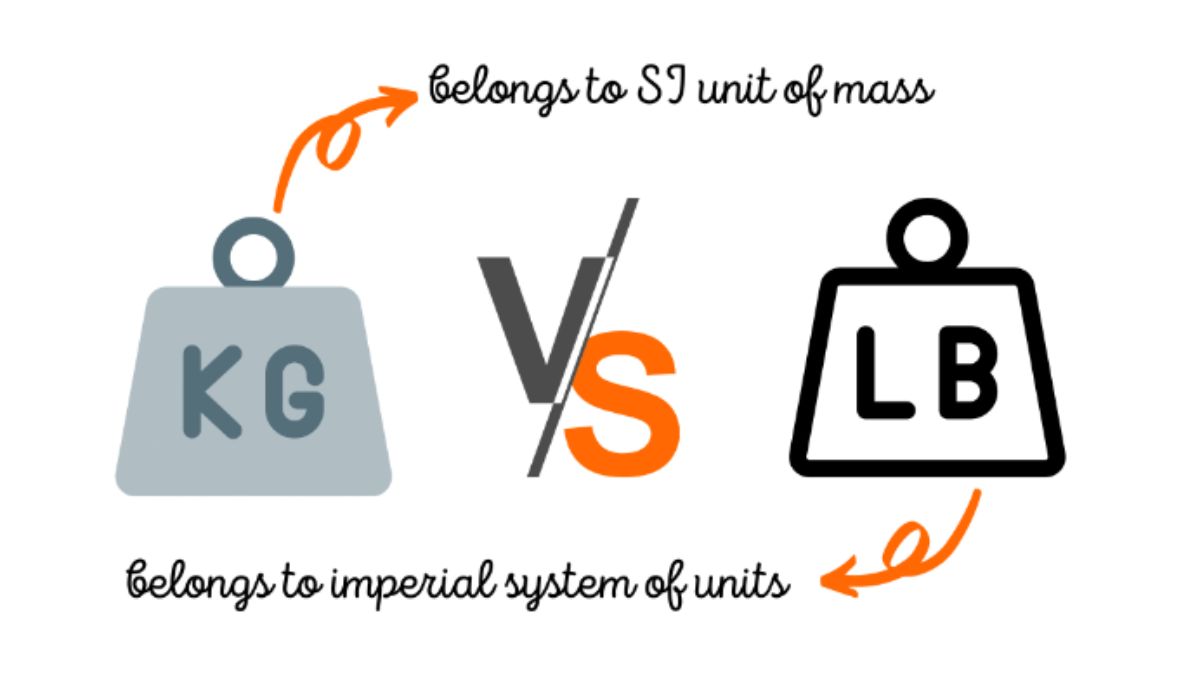Introduction
Have you ever wondered why “pounds” is abbreviated as “lbs”? At first glance, this abbreviation might seem perplexing, especially since the word “pound” doesn’t contain the letters “l” or “b.” This article delves into the historical origins of this abbreviation and provides clarity on its correct usage.Reader’s Digest+2Parade+2Southern Living+2
The Historical Roots of “Lbs”
The Latin Connection
The abbreviation “lbs” originates from the Latin term libra, which referred to a unit of weight. In ancient Rome, the phrase libra pondo was used, meaning “pound by weight.” Over time, libra became associated with the pound unit, leading to the abbreviation “lb” for pound. Parade+1English Language & Usage Stack Exchange+1Southern Living+3Reader’s Digest+3Good Housekeeping+3Good Housekeeping
The Role of “Libra”
Interestingly, libra also means “balance” or “scales” in Latin, which is fitting given its association with weight measurement. This dual meaning underscores the historical connection between the term and the concept of weighing. English Language & Usage Stack Exchange+4Good Housekeeping+4Fact Monster+4Reader’s Digest+2Parade+2Southern Living+2
Correct Usage: “Lbs” vs. “Lb”
Singular and Plural Forms
In both singular and plural contexts, the abbreviation “lb” is commonly used without a period. While “lbs” is often seen in informal contexts, it’s technically a misapplication, as “lb” serves both singular and plural forms. Wonderopolis+4Grammarhow+4English Language & Usage Stack Exchange+4
Formatting Guidelines
When writing measurements, it’s standard to include a space between the number and the unit. For example, “5 lb” is correct, while “5lb” is not. This formatting ensures clarity and consistency in written communication.Wonderopolis+4English Language & Usage Stack Exchange+4Parade+4
Common Misconceptions
The “S” in “Lbs”
The inclusion of the “s” in “lbs” is a common misconception. Since “lb” stands for libra, it doesn’t require an “s” for the plural form. This is similar to other unit abbreviations like “cm” for centimeters, which doesn’t change in the plural. Southern Living
“Lbs” in Everyday Language
Despite its grammatical inaccuracy, “lbs” is widely used in everyday language, especially in informal contexts. However, for formal writing and scientific contexts, “lb” without the “s” is preferred.
Conclusion
Understanding why “pounds” is abbreviated as “lbs” involves exploring its Latin origins and the evolution of measurement terminology. By adhering to the correct usage of “lb” in both singular and plural forms, we can maintain clarity and consistency in our communication.
Frequently Asked Questions
1. Why is “pounds” abbreviated as “lbs”?
The abbreviation “lbs” comes from the Latin term libra, which referred to a unit of weight. Over time, this term became associated with the pound unit, leading to the abbreviation “lb.”English Language & Usage Stack Exchange+7Parade+7Reader’s Digest+7Southern Living
2. Is it correct to use “lbs” for pounds?
While “lbs” is commonly used, it’s technically incorrect. The abbreviation “lb” serves both singular and plural forms, so “lbs” is a misapplication.
3. How should I write measurements with pounds?
In formal writing, it’s standard to write measurements with a space between the number and the unit, such as “5 lb.” Avoid using “5lb” without a space.English Language & Usage Stack Exchange
4. Is “lb” used in both singular and plural contexts?
Yes, “lb” is used for both singular and plural contexts. The abbreviation doesn’t change between singular and plural forms.
5. Why do we use “lb” instead of “lb.”?
The period is often omitted in modern usage for simplicity and consistency, especially in scientific and technical writing.
6. Are there other units with similar abbreviations?
Yes, many units have abbreviations that don’t directly correspond to their names. For example, “oz” for ounce comes from the Latin uncia.Southern Living
7. Can “lbs” be used in scientific writing?
No, in scientific writing, it’s preferred to use “lb” without the “s” to maintain consistency and accuracy.
8. Where can I learn more about measurement abbreviations?
Resources like the International System of Units (SI) provide comprehensive information on measurement abbreviations and standards.
